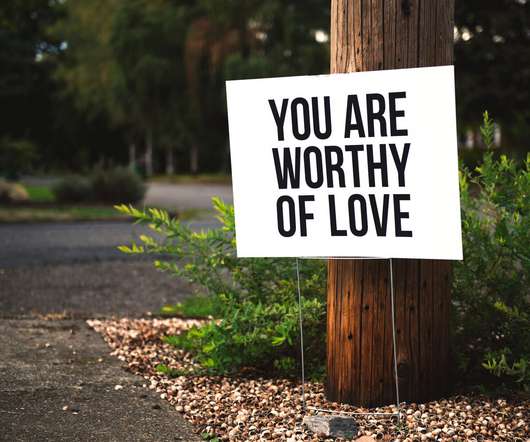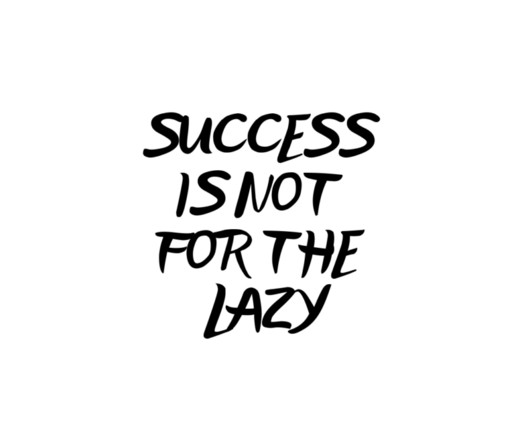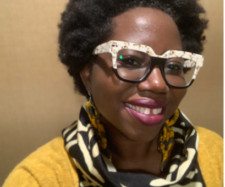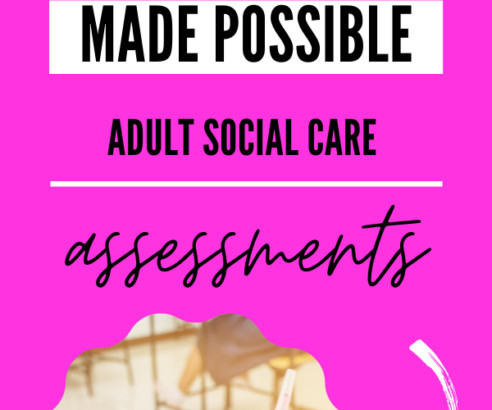What is non-suicidal self-harm?
Beautiful Voyager
NOVEMBER 19, 2020
Non-suicidal self-harm means inflicting damage to your own body without the intention of suicide (and not consistent with cultural norms). The most common methods of non-suicidal self-harm are cutting (70%) or scratching, deliberately hitting the body on a hard surface, punching, hitting or slapping one’s self, and biting or burning.















Let's personalize your content